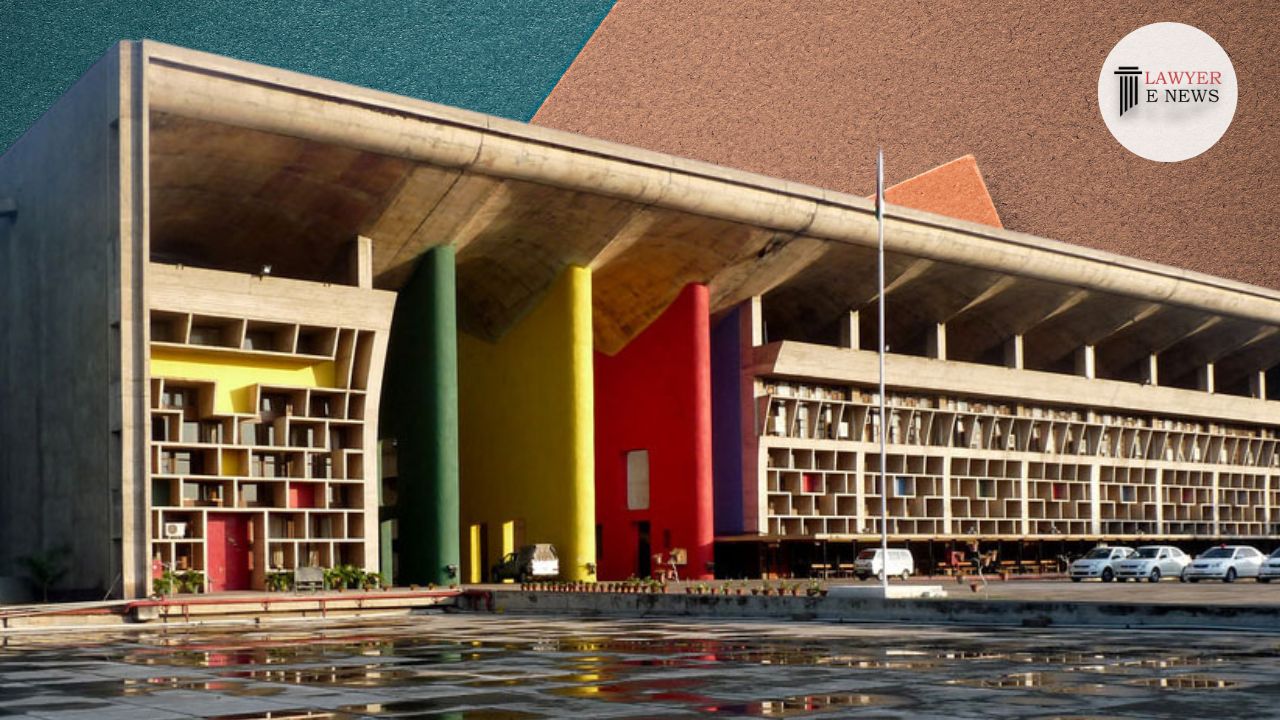-
by Admin
17 February 2026 2:34 PM



In a landmark judgment, the Punjab and Haryana High Court addressed the critical issue of freedom of speech in the realm of cyberspace. The court, presided over by Hon’ble Mr. Justice Sudhir Singh and Hon’ble Mr. Justice Harsh Bunger, focused on delineating the boundaries of this fundamental right in the context of social media and online platforms.
The central legal question revolved around the extent to which freedom of speech and expression under Article 19(1)(a) of the Constitution can be exercised on digital platforms. The petitioner, Kunal Chanana, challenged the actions of the Election Commission of India and other respondents, arguing that these actions excessively restricted his freedom of speech on social media.
Kunal Chanana’s dispute stemmed from a series of his posts on social media platforms, which were subsequently flagged and removed by the Election Commission for allegedly violating model code of conduct guidelines. The petitioner contended that such removal was an overreach and an unwarranted encroachment on his constitutional right to free speech.
Nature of Speech in Cyberspace: The court noted, “The internet is a unique and powerful medium, transcending traditional boundaries and amplifying the voices of individuals.” This observation highlighted the transformative nature of cyberspace in enabling free speech.
Scope of Regulation: While acknowledging the necessity of some regulations in cyberspace, the court emphasized that such rules must be “proportionate, reasonable, and non-arbitrary.” The bench cited various precedents underscoring the sanctity of free speech within reasonable constraints.
Balance of Interests: In a key part of the assessment, the judges observed, “While the state has a legitimate interest in ensuring the integrity of elections, this interest must be balanced against the fundamental rights of the citizens.”
Analysis of the Respondent’s Actions: The court meticulously examined the actions of the Election Commission and other respondents, deliberating on whether these actions were justified under the ambit of reasonable restrictions prescribed by the Constitution.
Decision: The court ultimately ruled in favor of the petitioner, holding that the actions of the Election Commission in removing Kunal Chanana’s social media posts were disproportionate and violated his right to free speech. The court ordered the reinstatement of the posts and cautioned against unnecessary curtailment of speech in cyberspace.
Date of Decision: April 3, 2024
Kunal Chanana vs Election Commission of India and others
